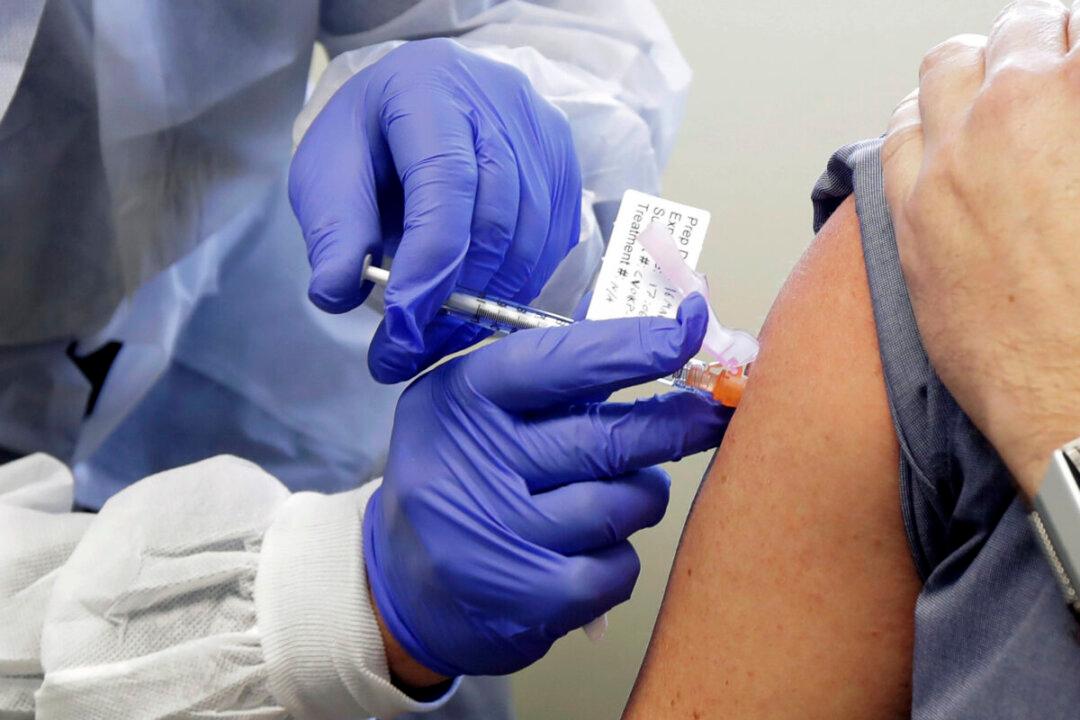Several experts who sit on an advisory panel that voted on Thursday to recommend the Pfizer-BioNTech COVID-19 vaccine for emergency use authorization have expressed concern about the vaccine’s potential effects on teenagers.
Two members of the FDA’s Vaccines and Related Biological Products Advisory Committee (pdf), which met Thursday and voted to recommend Pfizer’s vaccine for emergency use authorization, separately told reporters that they have concerns about the use of the vaccine by those aged 16-17.





